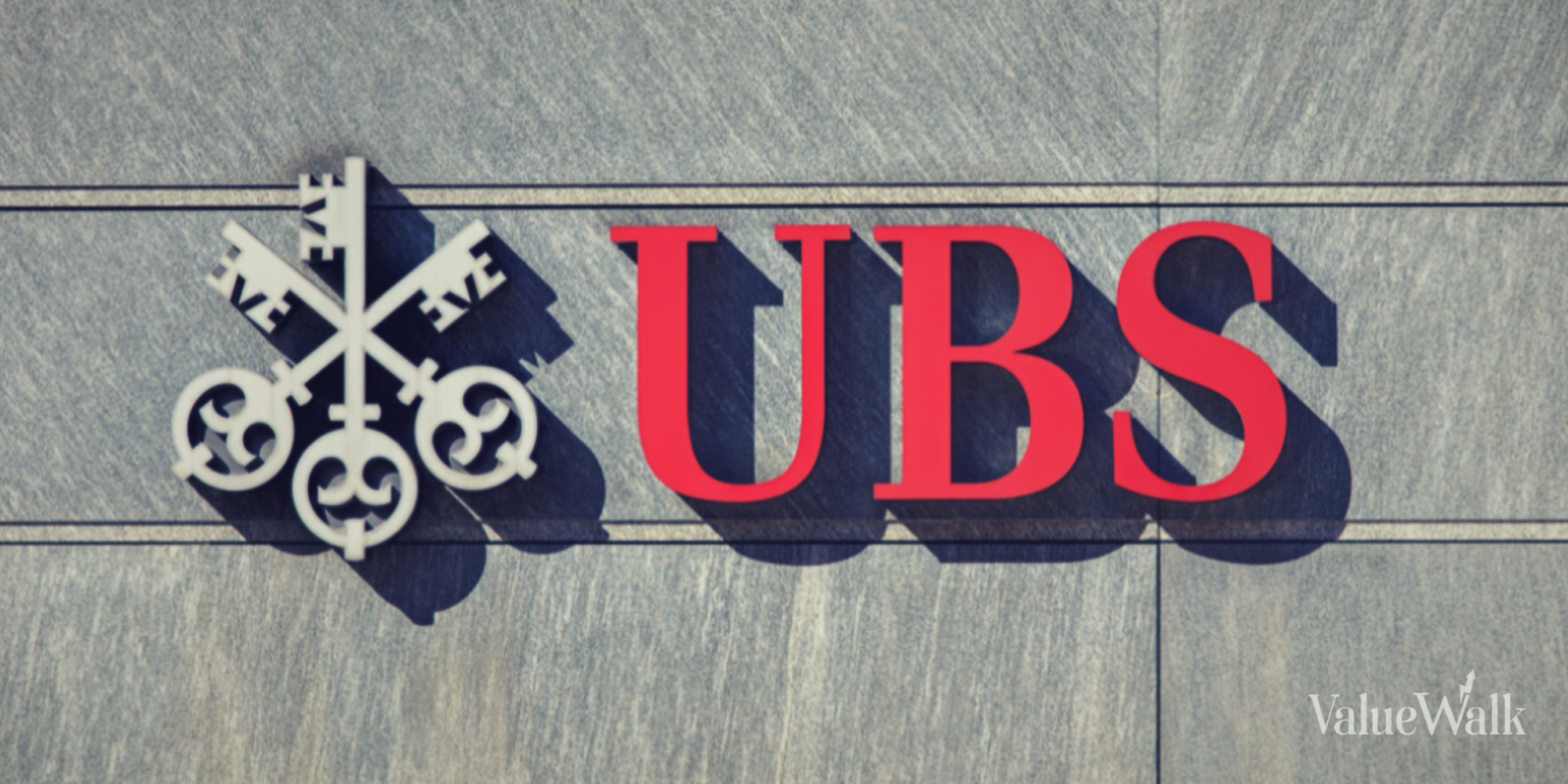In what has been a very difficult year for banks, one financial institution in particular has significantly outperformed its peers: UBS Group (NYSE:UBS). UBS is based in Switzerland but provides financial services in the U.S., including wealth management, asset management, investment banking, and services for corporate and institutional investors. It also trades on the New York Stock Exchange.
UBS’s stock price has skyrocketed 40% this year, dwarfing most of its U.S.-based competition, and there is reason to believe that this still dirt-cheap stock has plenty of gas left in the tank.
Merger with Credit Suisse fuels growth
UBS is coming off an excellent third quarter that was fueled by its acquisition of Credit Suisse earlier this year. Credit Suisse was among the banks that essentially collapsed during the banking crisis earlier this year, beset by years of mismanagement, scandals, and bad investments, among other factors. During the crisis that struck several regional U.S. banks, Credit Suisse also faced a liquidity crisis and had to borrow $54 billion from the Swiss National bank after its primary investor, the Saudi National Bank, said it would no longer support it.
Credit Suisse had been the second-largest bank in Switzerland behind UBS with about $1.7 trillion in assets and one of the largest banks in the world. Before it went under, Swiss regulators stepped in and fast-tracked its sale to UBS. After the deal closed in June, UBS subsequently began the process of integrating Credit Suisse into its operations.
The third quarter was the first full quarter with Credit Suisse in the fold, and UBS beat earnings estimates, with underlying profit before tax of $844 million, compared to a net loss in the previous quarter.
“We have now stabilized Credit Suisse and continued to grow our franchise through new client acquisition and share of wallet gains, as well as the continued success of our client retention and win-back strategy,” Group CEO Sergio Ermotti said in the earnings report.
The company saw Credit Suisse’s wealth management business generate positive net new money for the first time in 18 months, while UBS wealth management had its second-best third quarter in over a decade with $18 billion in net new money. Overall, the combined bank’s global wealth management division saw its revenue increase 21% year over year to $5.8 billion, mainly due to the influx of revenue from Credit Suisse.
In fact, all of UBS’s major business lines saw revenue increases, with personal and corporate banking up 156%, asset management up 46%, and investment banking up 6% year over year. It was also a good sign that Credit Suisse, which had been hurt by deposit outflows, saw $22 billion of the $33 billion in net new deposits.
UBS also made strides in streamlining operations by winding down non-core and legacy assets and reducing risk-weighted assets by $6.4 billion. It cut 4,000 workers in the quarter and now has about 13,000 employees overall since the merger.
Those job cuts contributed to about $3 billion in run-rate savings from the merger, with more coming in the fourth quarter. They also also released $1 billion in common equity tier 1 (CET1) capital, improving UBS’s liquidity with a CET1 ratio to 14.4% — well above the regulatory minimum.
A dominant player
It is promising how well UBS has been able to integrate Credit Suisse so far, even though the full integration won’t be completed until next year. However, it remains a massive undertaking, and there are plenty of risks involved. Ultimately, the combined bank should be well-positioned for growth.
The banks were already two of the largest wealth managers in the world, and now the combined entity will continue to be one of the dominant players in the space. Wealth management has been a successful and resilient business for UBS. It has remained relatively strong in tough times, as its high-net-worth clientele tend to be more resilient and poised to grow.
With its added scale, the firm sees major opportunities to expand in the U.S., so that should be a focus in the years ahead. The other thing is the stock is dirt-cheap right now with a price-to-earnings ratio of just 2.7 and a price-to-book ratio of 0.97. The latter indicates that it is trading below its book value.
There remains a lot of uncertainty in the global economy heading into 2024, but at this valuation and with its earnings potential, UBS looks like it still has room to run.
Disclaimer: All investments involve risk. In no way should this article be taken as investment advice or constitute responsibility for investment gains or losses. The information in this report should not be relied upon for investment decisions. All investors must conduct their own due diligence and consult their own investment advisors in making trading decisions.





